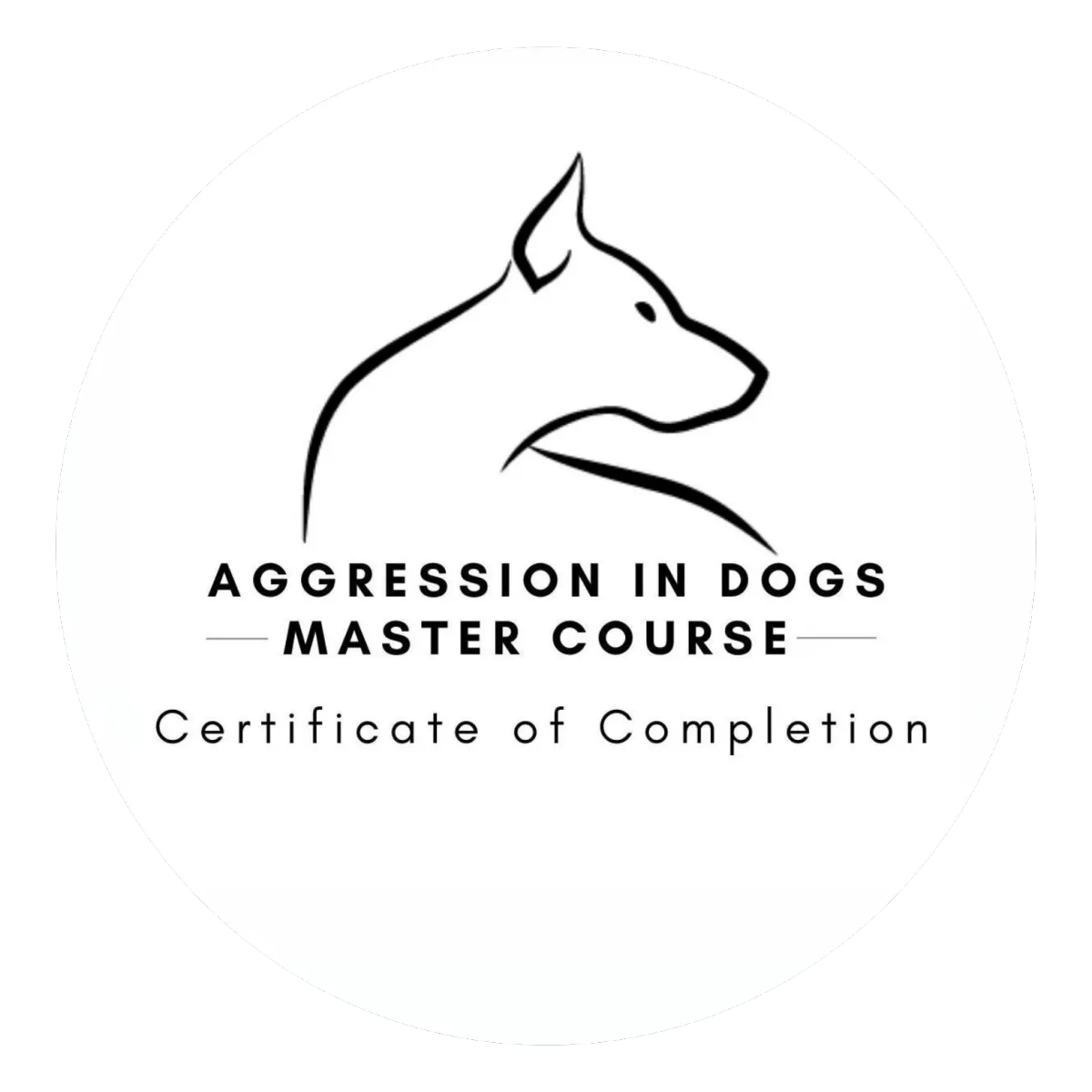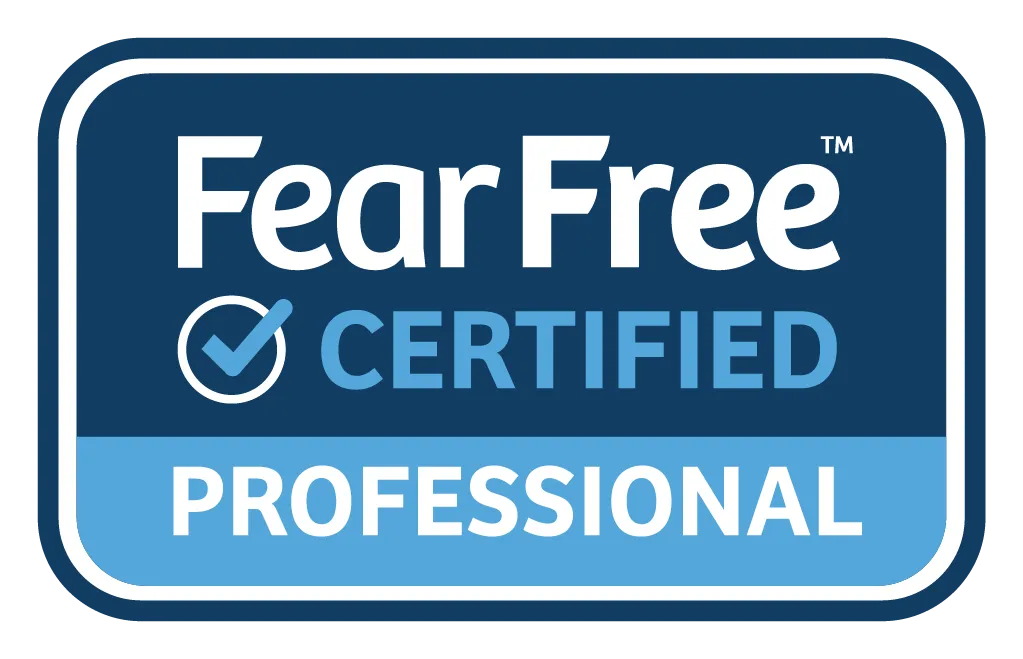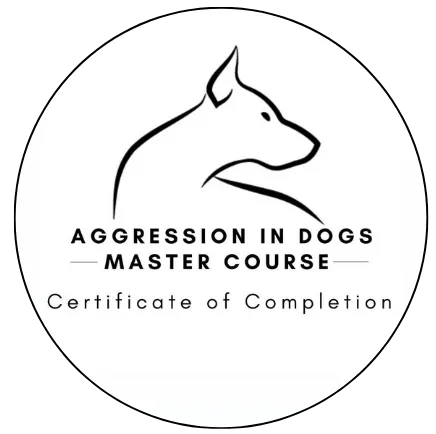Why Pup...
Why?
Chewing & destructive behavior in dogs can be frustrating! From gnawing on furniture to shredding shoes, these behaviors can be costly & concerning. Understanding why your dog engages in these behaviors is key to addressing them effectively.

Teething (particularly in puppies)
Boredom
Frustration / Stress
Lack of exercise or mental stimulation
Attention-seeking
Natural instinct
Breed-specific tendencies
Separation anxiety
Lack of appropriate chew toys
Medical issues like dental problems
NOTE: Dog behavior is complex; your dog may be behaving this way for one or several of these reasons (or reasons not listed).
Chewing Myth Busters
Become a member today to unlock our full course library—and enjoy other exclusive perks!

MYTH #1:
My dog chews my stuff because they're angry with me.
Dogs do not chew your belongings as a form of retaliation or revenge. Chewing is a natural behavior rooted in their instincts. They may also chew to relieve teething discomfort, alleviate boredom, or manage anxiety. Understanding these underlying motivations can help you address the behavior more effectively. Instead of viewing it as a deliberate act of defiance, consider it a signal that your dog may have unmet needs.

MYTH #2:
Providing more chew toys will solve the problem.
Simply providing more toys may not solve your dog's chewing behavior. While toys are important for mental stimulation and can redirect chewing, they may not address the underlying reasons for destructive behavior. Dogs also need regular exercise and appropriate outlets for chewing to reduce destructive tendencies. Additionally, if the same toys are left out constantly, your dog may become bored with them and seek out other items to chew.

MYTH #3:
Punishing my dog for chewing will teach them not to do it.
Punishment aims to control or stop behavior but fails to address the underlying reasons behind it. Punishing your dog for chewing often backfires and is not an effective (or humane) approach. Dogs do not associate punishment with their actions as humans do. Instead, they may become fearful or anxious, learning that you are not a safe person to express their needs to, and may seek other ways to satisfy those needs when you're not around.

MYTH #4:
Chewing & destruction are signs of a bad or poorly trained dog.
These behaviors are not a reflection of a "bad" dog. Chewing and destruction are natural behaviors rooted in their predatory instincts, which are part of their genetic makeup. Even though your dog is domesticated, they still have a natural set of behaviors related to hunting and eating, known as the "Predatory Sequence." These behaviors are innate aspects of this. Additionally, chewing may fulfill other needs, providing mental stimulation, relieving stress, maintaining dental health, and more.

MYTH #5:
Dogs only chew when they're teething or puppies.
While teething and puppyhood are common times for dogs to chew, dogs of all ages may engage in chewing behavior. Chewing is a natural behavior that serves various purposes throughout a dog's life.
For puppies, chewing helps soothe teething discomfort and aids in the development of strong jaws.
However, adult dogs may chew to alleviate boredom, relieve anxiety and stress, or satisfy their natural urge to chew.
Too much destruction?
Let's talk.
When is it time to work with us?

Significant damage to belongings
Chewing persists despite redirection
Underlying anxiety
Chewing is causing damage to your home
Seeking expert guidance
Dog can't be left alone
You're feeling frustrated or overwhelmed
How positive reinforcement can help with chewing & destruction:
Addresses underlying reasons for behavior
Redirects chewing to appropriate items
Teaches alternative skills to cope
Implements management & prevention
Provides clear communication techniques
Uses enrichment to satisfy innate needs
Contact Us:
In-Person Service Counties:
Essex, Morris, & Passaic counties
We are located in:
Parsippany-Troy Hills, NJ 07054
DISCLAIMER: Behavior modification is a collaborative process that depends on the consistent implementation of training techniques by the owner. While we specialize in fostering positive behavioral changes, no trainer can guarantee specific outcomes or "cure" a dog's behavior. As behavior is influenced by numerous factors, including environment and individual circumstances, the dog's behavior remains the responsibility of the owner.

© Copyright 2022. Born to Be Dog Training LLC.
All rights reserved.









